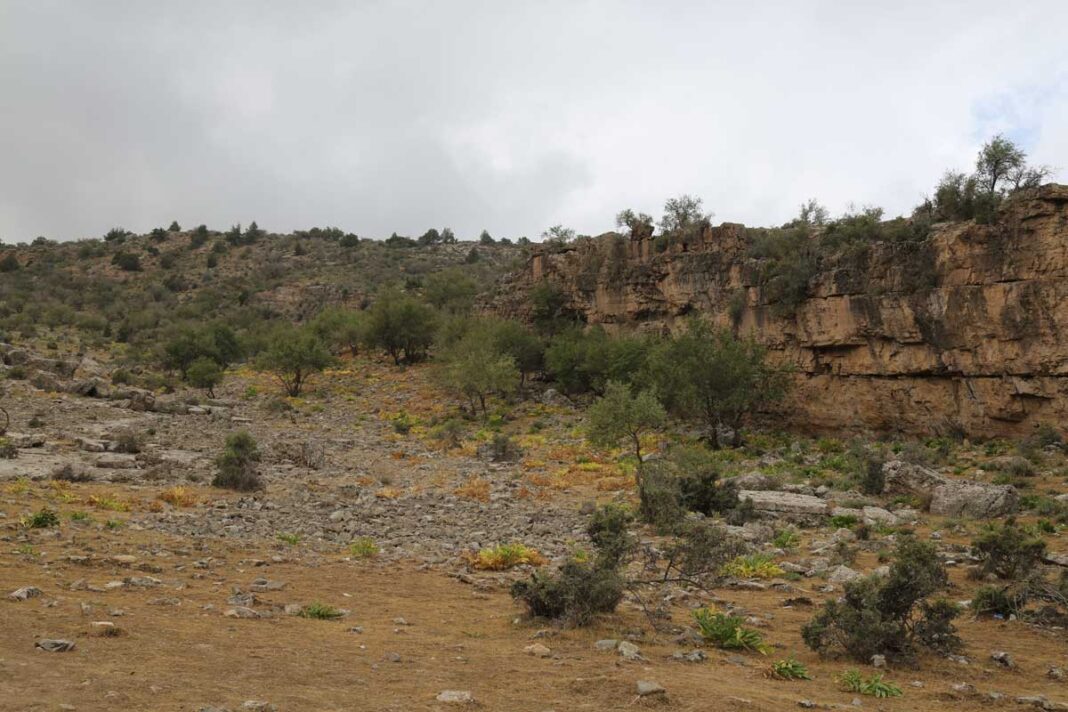Ecological problems arising globally are the result of human impact on nature. In this regard, increasing ecological awareness within society and developing a love for nature among the younger generation are important directions of state policy in our country. This is because ecology and the environment play a crucial role in the life of humankind. Their importance is not only understood in terms of beauty but is also perceived as a source that ensures the continuity of life. The presence of natural resources, namely water, air, soil, and biological diversity, directly affects people’s standard of living. Therefore, protecting the ecology and the environment and using their resources efficiently and economically are among the important tasks facing modern society. The work carried out in our country and around the world to protect the ecology serves the interests of not only the present era but also future generations. In this regard, a responsible approach to nature and the environment is an important condition for sustainable development.
Of particular note are the annual nationwide garden planting events held in our country to ensure ecological well-being. This year, during the spring national tree planting ceremony, 632,498 tree seedlings were planted across the country in one day. In addition, along with the cleaning and improvement of parks and forest areas, a total of 2,260,836 tree seedlings were cared for. This contributes to the creation of a favorable climate in the region. A clean climate is the main condition for people’s lives.

Turkmenistan’s Ecological and Environmental Protection Policy
One of the important directions of the state policy of Turkmenistan is related to environmental protection. Our country is implementing significant work to protect and rationally use natural resources, their biodiversity, water and soil resources. In this regard, the Constitution of Turkmenistan sets out the rules for environmental protection, and the duty of citizens to protect the environment is legally enshrined. Turkmenistan’s environmental protection policy serves as a strategic direction aimed at ensuring sustainable development, maintaining ecological balance, and significantly improving the quality of life. The country has also adopted the “National Strategy for Ensuring Environmental Security of Turkmenistan for 2020-2040,” which organizes the work carried out in this area in a comprehensive and scientifically based manner. The strategy is aimed at preventing climate change, improving environmental quality, ensuring the efficient use of water resources, combating desertification, and restoring natural areas.
However, no country can fight climate change alone. In this regard, our country effectively cooperates with specialized agencies such as the United Nations Development Program, the Central Asia-European Union Cooperation, the Environment Program, the Food and Agriculture Organization, as well as the Global Environment Facility, the International Fund for Saving the Aral Sea, the Regional Environmental Center for Central Asia, and the German Society for International Cooperation.
Within the framework of such cooperation, high-level and effective consultations are held in the country to combat climate change. One of them is the Central Asian Conference on Climate Change, which was held on May 13-14 with the support of the World Bank and the German Society for International Cooperation (GIZ) in cooperation with the Government of Turkmenistan and which ended today.
In addition, Turkmenistan is a member of several UN Conventions related to the environment and attaches great importance to the development of international cooperation and the introduction of modern technologies. This is because today, environmental issues require the international community to adopt new and innovative management solutions. Indeed, the well-being, development, and future of humanity directly depend on the harmony of the relationship between ecology and society.
Regional Action on Climate change
In order to address the growing challenges of climate change, coordinated regional action is needed by the Central Asian Regional Economic Cooperation (CAREC) countries to combat the increasing impacts of climate change and find sustainable solutions in the region.
Climate change affects transboundary water resources and air pollution. National climate actions should be consistent with the Paris Agreement and the Sustainable Development Goals. Therefore, this regional approach can also provide more effective solutions by combining the efforts of all stakeholders. The CAREC program provides a framework for jointly addressing the critical challenges of climate change through cooperation between Central Asian and other countries for sustainable development.
A regional approach to combating climate change requires measures such as the use of modern technologies in the development of agricultural systems, supporting the transition to a low-carbon energy system, reducing carbon emissions from transport, developing a green economy, improving disaster risk management for weather and climate monitoring, data sharing, and improved financing.
Gyzylgül AMANLYYEVA,
“ZamanTurkmenistan”.









